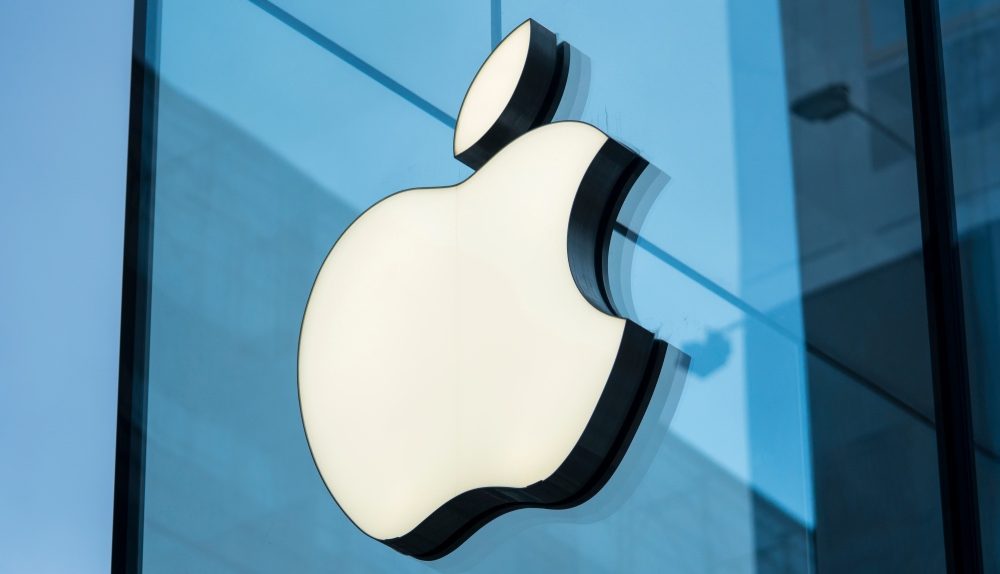- Ahead of WWDC 2020 next week, the Apple App Store is taking fire from a number of opponents at the moment who are critical of long-standing practices the iPhone maker subjects app developers to.
- The European Commission in recent days said it’s also opened an antitrust investigation into Apple.
- Apple has reiterated that its App Store is a massive economic engine promoting business activity around the world, and that developers are treated fairly.
The long-standing cold war between Apple and Facebook — two tech giants whose CEOs obliquely bash each other’s business models from time to time, without always naming the other specifically — seems to be heating back up.
At issue is the new gaming app from Facebook that the social networking giant announced back in April, which seemed to be the perfect time for it thanks to all the coronavirus-related quarantines. The app’s three main functions include the following: Playing casual games, like Thug Life and Words With Friends; watching other people stream gameplay; and generally networking with fellow gamers. Apple, however, said no to allowing Facebook to distribute the app through Apple’s App Store. Moreover, Apple turned down Facebook’s app not once — but at least five times over the last few months.
That’s according to a new report Thursday from The New York Times, which citied at least three anonymous sources with knowledge of what happened. Every time Apple said no to the app, the iPhone maker pointed to its App Store rules that prohibit apps that have a “main purpose” being to distribute casual games.
This is in contrast to Google, which swiftly approved the inclusion of the Facebook Gaming app in the Google Play Store on April 20, making it available to Android users worldwide at that point. In the app, users can pick from a selection of simple, casual games to play that are arranged by category. That’s what Apple cited in its multiple rejections of Facebook Gaming, with Section 4.7 of its app rules noting that HTML5 games are allowed so long as “the code is not offered in a store or store-like interface,” to name just one of the restrictions therein.
Two sources also told the NYT something else. Facebook may additionally have been hurt by the fact that it’s essentially trying to offer a catalog of games that would compete with Apple’s own sale of games, which includes both direct game sales from Apple’s App Store as well as the subscription-based Apple Arcade product. Whether or not you believe that, it’s an argument that is dragging the App Store back onto the hot seat — with even big app developers like Spotify arguing that Apple tilts the playing field too heavily in its favor here, such as by also taking a 30% cut of app purchases.
Ahead of Apple’s annual developer conference which kicks off on Monday, the European Commission (which is the executive body of the European Union), said on Tuesday it’s begun a formal antitrust investigation of Apple, with a focus being on the rules Apple sets for app developers and whether or not those rules are anticompetitive. Rep. David Cicilline, a Democrat from Rhode Island who chairs the antitrust subcommittee in the US House of Representatives, seemed to have this on his mind recently during an interview with The Verge, which saw him at one point basically call Apple a monopolist.
Here’s Apple’s response to the European Commission action, per CNBC:
“We follow the law in everything we do and we embrace competition at every stage because we believe it pushes us to deliver even better results. It’s disappointing the European Commission is advancing baseless complaints from a handful of companies who simply want a free ride, and don’t want to play by the same rules as everyone else. We don’t think that’s right — we want to maintain a level playing field where anyone with determination and a great idea can succeed.”
Recent days, meanwhile, have seen other app makers — if not exactly in Facebook’s shoes and facing a denial from Apple, then at least publicizing their unhappiness with the App Store’s rules. Match Group, for example, is the company behind Tinder and accused Apple in recent days of ‘squeezing’ industries like books, music, and gaming, among others, by taking the 30% revenue cut “which is all the more alarming when Apple then enters that space … We’re acutely aware of their power over us.”
David Hansson, the CTO of Basecamp, attracted considerable attention on Twitter in recent days regarding his complaint that Apple rejected an update of the email app Hey from Basecamp:
Wow. I'm literally stunned. Apple just doubled down on their rejection of HEY's ability to provide bug fixes and new features, unless we submit to their outrageous demand of 15-30% of our revenue. Even worse: We're told that unless we comply, they'll REMOVE THE APP.
— DHH (@dhh) June 16, 2020
This is a critically important discussion and debate to have for Apple, because its App Store ecosystem supported more than half a trillion dollars of billings and sales worldwide in 2019.
That’s according to an announcement from Apple earlier this week, which draws from a study conducted by economists at Analysis Group and which also found that more than 85% of the $519 billion total went to third-party developers and businesses of all sizes.
“The App Store is a place where innovators and dreamers can bring their ideas to life, and users can find safe and trusted tools to make their lives better,” Apple CEO Tim Cook said about the news. “In a challenging and unsettled time, the App Store provides enduring opportunities for entrepreneurship, health and well-being, education, and job creation, helping people adapt quickly to a changing world.”








